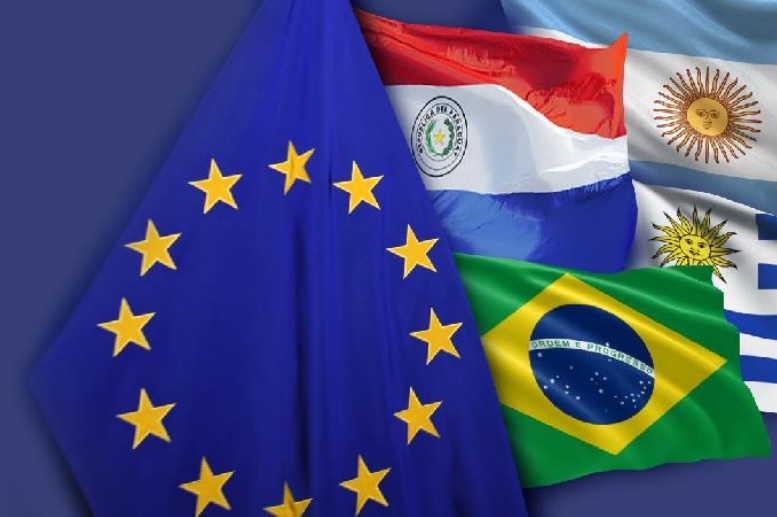Unlike Bolsonaro, President-elect Luiz Inácio Lula da Silva has a more intense environmentalist policy, which could bring the pending agreement between the European Union and Mercosur closer, considered the consultant.
“Lula da Silva has a more intense environmental policy, which can bring the pending agreement between the European Union and Mercosur closer. Da Silva has the vision of a more international Brazil but as a bloc, as leader of the region,” said DNI Consulting.
The return of Luiz Inácio Lula da Silva to the presidency of Brazil awakened in Argentina a flow of hope in economic terms, not only in the ruling party but also among important members of the opposition.

Furthermore, according to a report by the consulting firm DNI of the specialist Marcelo Elizondo, “Lula would adhere to the Paris environmental pact, with a more intense environmentalist policy, which may bring closer the pending agreement between the European Union and Mercosur.
“Like Bolsonaro, Lula has the vision of a more international Brazil, but, in contrast, Lula will do it as a bloc, as leader of the region”.
Although Brazil will not save Argentina, there is consensus on the possibility of creating a plan that has so far been absent; despite the efforts of Foreign Minister Daniel Scioli to maintain good relations and improve the trade balance in the first nine months of the year, the exchange reached a deficit of more than US$2.1 billion.
Thirty years ago, when Mercosur was formed, Brazil became the “great partner” and, currently, the largest market for Argentine exports, with more than US$8 billion this year, which may close at US$12 billion in December.
According to the report, this figure doubles exports to the other two largest markets, China and the US.
In addition, Brazil and China are the leading Argentine suppliers, with more than US$11 billion in 2022; but, fundamentally, Elizondo pointed out that the southern giant “is the main destination for exports of Argentine SMEs and industrial products”.
Argentina currently accounts for less than 5% of Brazil’s imports, when in the early 2000s, it represented 12%.
The bilateral relationship is not only interesting in terms of the exchange of goods and inputs; Brazil is the fourth-largest generator of Foreign Direct Investment (FDI) with about 6% of the stock and, in addition, is the main issuer of inbound tourism to the country: 22% of the total of more than 2 million foreigners entering the country each year, by land and air, are Brazilians.
But there is more, the “transitive” character of the Brazilian economy compared to the Argentine economy.
“Brazil is a partner that can facilitate Argentina’s access to a virtuous internationalization since it is one of the main recipients of foreign direct investment in the world every year”, states the DNI study.
With information from El Economista

